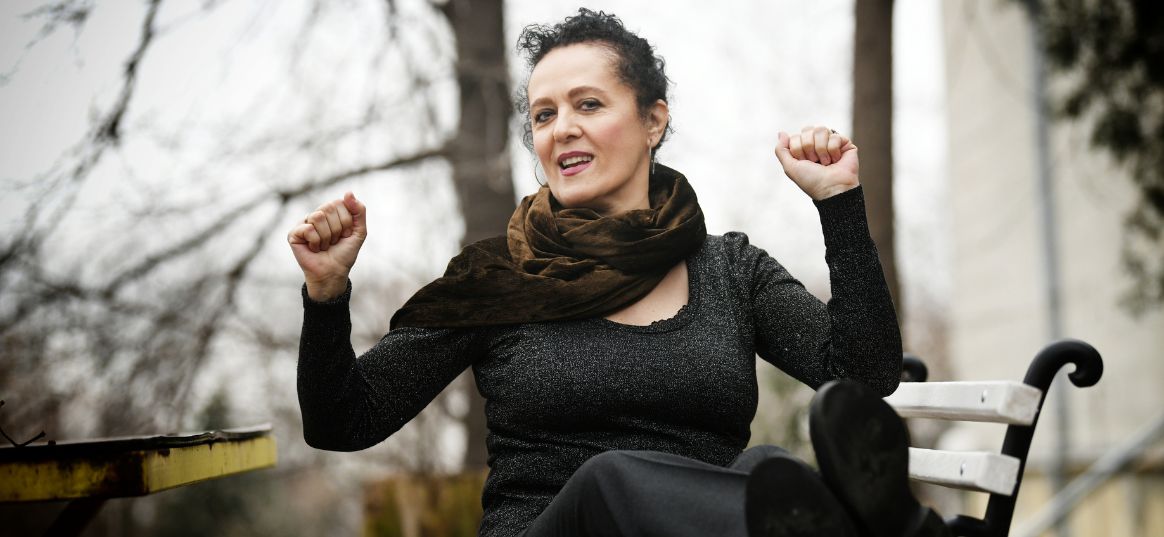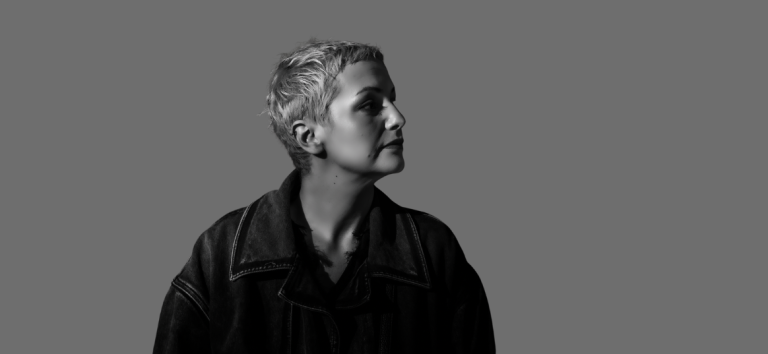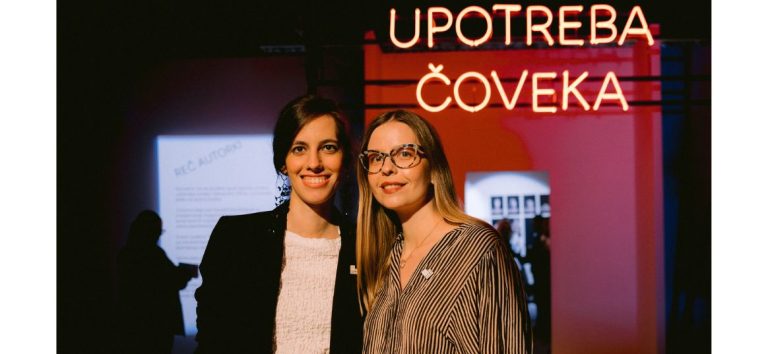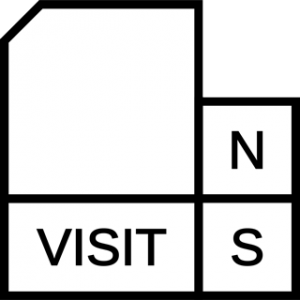‘Literature is the basis of everything, because the story is the basis of everything,’ this is how the poet and NIN Award winner, Danica Vukićević, speaks about literature. She, along with Muharem Bazdulj and Milica Vučković, will participate in the literary conversation, which will be held in the District (Biro facility), on Saturday, 14 October, at 7 p.m., as part of the final programme of the Kaleidoscope of Culture Literature Week.
Danica Vukićević is primarily a poet, but also a literary critic and essayist. In addition to the aforementioned NIN Award for the novel of the year, Unutrašnje More, she is also the winner of the ProFemina, Biljana Jovanović, Milica Stojadinović Srpkinja, and Kondir Kosovske Devojke awards. She is the author of numerous books of poetry, and her poems have been translated into several world languages. On this occasion, Danica Vukićević talked about the future of printed books, visiting the District, and her recommendations for reading.
As part of the Literature Week at this year’s Kaleidoscope of Culture, you will participate in a literary conversation with two other prominent writers. What are your expectations and are you looking forward to coming to Novi Sad?
Novi Sad is the city of my childhood, I used to visit my uncle, I have a relative who lives here. The other one is in London. They are part of my childhood. I have friends and ex-friends here. I love Novi Sad and I look forward to visiting it.
Kaleidoscope of Culture is the best European Trend Brand that lasts for five weeks and combines five types of art. One of them is literature. How important is it to promote this type of art today and how do you see the future of the printed book in the era of universal digitization?
Literature is the basis of everything, because the story is the basis of everything (the Hollywood screenwriters’ strike speaks for itself). There are various ideas about the role of literature and they adapt and change according to who produces the current reality from a position of power. The cultural concept in which it lives is also important. We do not know if any of what we think we know or what seems eternal will survive. The linguistic image of the world is powerful, but not the only one. However, books are special beings, with a body, scent and soul.
How do you comment on the transformation of the District? It used to be the site of old factories, and today these spaces have been restored and serve the culture and art.
In many of the world’s metropolises, such spaces are artistic districts; since the Eastern European world became monolithically non-socialist, the sacred places of progress and hope have become desolate, have become ghosts. Every revival and saving of bare space deserves support. Especially if music and various artistic/cultural contents begin to settle there, which bring people together and make them happy. Belgrade had a wonderful Bigz building as a place of alternative culture/art, but that opportunity was lost.
How important is it today to bring art closer to everyone and how can it help us cope with the challenges we face in this modern age?
Art is both hidden and omnipresent. It belongs to everyone and to nobody. Art is like the life of bees. The world would disappear without them. Bees and art!
What are you currently working on and what can we expect in the future?
You can expect the unexpected.
What are you currently reading and what books would you recommend?
Read the Nobel Prize winners and you will enjoy it. Not only the last one, but also its predecessors.
Authors: Marina Marić and Feđa Putnik








